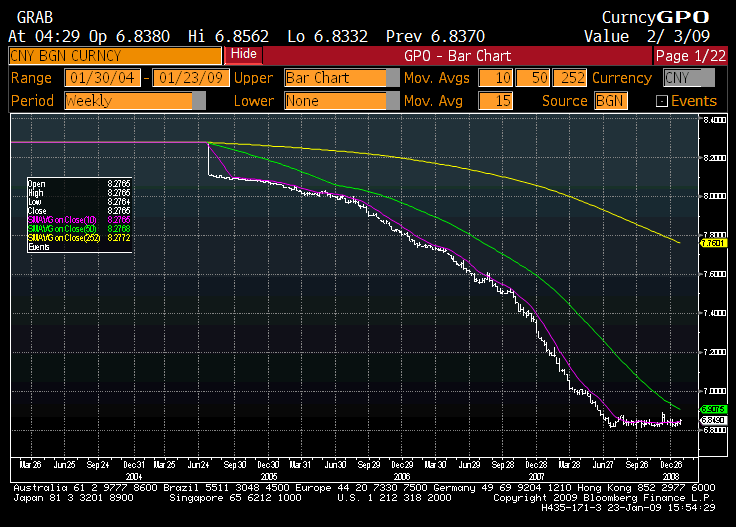A Day in the Life of John Davidson, Part III
“Take your seats, Gentlemen.” Brad Baldwin intoned.? John headed for his seat, and realized that one of the heads of the subsidiaries was not yet there.? Where was the head of credit-related insurance, Jan Kimmelman?
As John sat down, Brad said, “You may note that Mr. Kimmelman is not here.? We fired him this morning, and his subsidiary is going into liquidation, depending on what we believe our best options are in the current economic environment.”
That news sent a chill through the room.? No subsidiary of Mega Insurance had ever been eliminated in its 40-plus-year history.? What else could happen?
Peter Farell, the Chief Investment Officer walked in, saying to Brad Baldwin, “Your special reports are ready.”? Then, looking at Stan Bullard, he said, “And yours are ready too.”
This floored John.? He had asked Peter for reports to bolster his case, but what would these other reports show?? The CEO never had extra reports on investments, and Bullard was always silent… what would he have to say?
Before his thoughts were complete, Brad said, “We will follow our ordinary procedures.? Each one of you will present the report for your subsidiary.? We will do a presentation of our own.? After that we will ask you questions.? Any questions?”
Total silence, partly out of shock.
“Fine then. Mr. Goldsmith, your report.”
Henry rose and referred to papers he had previously distributed.? There were shuffling noises for a moment, and he began his report.? Pricing trends were neutral-to-good.? They had pared back in competitive lines, and were expanding in lines where pricing was showing some strength.? Profits were adequate, and reserves were at the high end of reasonable.
John thought that Henry was the best.? He understood the economics of his business, and played the pricing waves like a pro at the top of his game.
At the end, Henry said, “Though conditions appear good now, and we will aim to do better next year, our profits could be affected by major disasters in the next year.? This is a cyclical business.”
At that, Baldwin said, “Mr Blitztein?”
Marc stepped forward, and began to discourse on competitive dynamics in the P&C business, particularly the short tail areas where they focused, and where the Law of Large Numbers could apply.? They were getting good results in auto and home insurance, and some of their specialty coverages were gaining traction.? Growth was slow, but they thought that the future could be better.
John thought, “Well good for you.? At least you don’t have asset problems to worry about… can your Zebra character come work for me?”? John shook his head.? Henry and Marc were in no danger, and Jan was gone.? Brent was obviously successful, which left him as the scapegoat.? His subsidiary could easily be merged into Whata Life, and most of Wonderful LIfe’s employees dismissed.? Great.? John had been a second father to many of his employees.? They weren’t just numbers to him — he wanted his employees to benefit from the success of the company.? As it was, he did not see how that would happen, given this meeting.? Bowing his head, he prayed quietly to Jesus.
With Marc’s presentation complete, Brad said, “Mr. Davidson, it is your turn.”
John looked at Peter, who acknowleged the glance, and then rose to speak to the meeting.? HIs stomach was quivering, but he knew he must give it his best.


